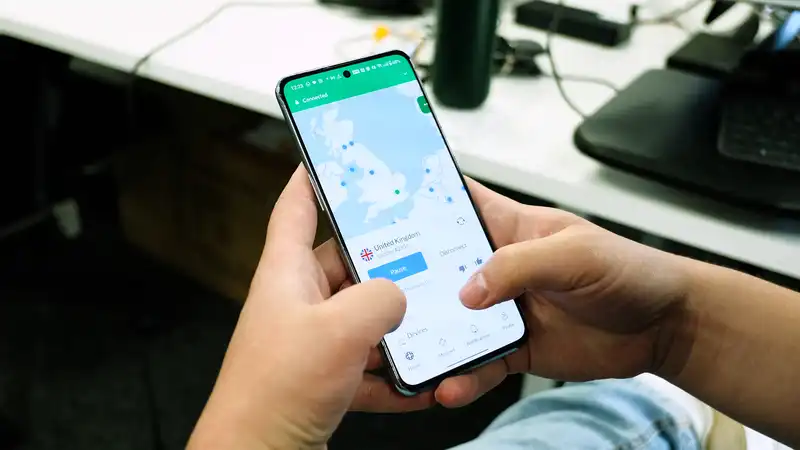NordVPN, which we rank as the best VPN, has announced the introduction of its latest addition to keep data private: quantum-resilient encryption
This ultra-secure encryption is currently available in NordVPN's Linux app, but Nord plans to implement the post-quantum algorithm on all platforms “by Q1 2025 at the latest”
NordVPN has begun deploying quantum-resilient encryption in its Linux VPN app (further reason why it is one of the best Linux VPNs) By deploying it in one app first, the company can monitor it closely before deploying the new encryption in other products
This also allows Nord to ensure that the post-quantum algorithm works properly under real-world conditions The consequences of a functioning post-quantum algorithm can negatively impact VPN performance and speed, especially for sites that handle a lot of traffic, such as social media, e-commerce sites, financial systems, etc [Marijus Briedis, CTO of NordVPN, explains: “These technical challenges are the reason why we are gradually implementing post-quantum cryptography support in our applications We want to be completely sure that we can maintain the highest level of user experience in terms of connection times and speeds during the transition period”
In addition to this, Nord wants to make sure that their apps are quantum resistant and can properly handle cryptographic key management This will allow them to seamlessly adapt to new needs and requirements
Encryption is absolutely essential to keep private information, well, private It is used abundantly around the world in a variety of ways, from keeping online messages from prying eyes to stopping hackers from getting their hands on your money
If this encryption were to be broken, it would be absolutely devastating It may sound like the plot of an action movie, but this threat is all too real and all too imminent: the day known as “Q-Day” is the day that quantum computers have advanced to the point where they can crack these algorithms While quantum computers are currently incapable of doing this and are generally only used in places like universities and research labs, the threat of Q-Day is still one that should be taken seriously
The ability to crack the cryptography currently in use in everything from messaging apps to banks does not yet exist, but it is really only a matter of time Therefore, hackers are stealing vast amounts of encrypted data, storing it, and waiting for the day when it can be easily decrypted and stolen This technique is known as “harvest/store now, decrypt later,” which is why it is so important that companies that use encryption consider post-quantum encryption ASAP
Briedis points out: “Thus, the VPN industry needs to enter a new phase of development to protect itself from future quantum computing threats”
The VPN industry needs to enter a new phase of development to protect itself from future quantum computing threats The VPN industry needs to enter a new phase of development to protect itself from future quantum computing threats With this launch, we are making a major transition to a new generation of encryption for all our applications, providing long-term security for our users”With this in mind, it is clear why Node has introduced quantum-strong encryption for its VPNs Failure of this encryption would expose not only the user's data, but also the user himself, which is dangerous for those who use VPNs in places where Internet use is censored or suppressed










Comments